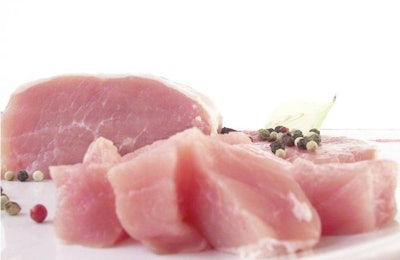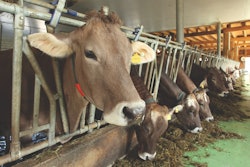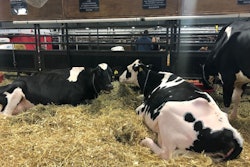
Move to expand export markets comes less than 2 weeks after JBS USA did the same
Tyson Fresh Meats will prohibit the use of ractopamine in the market hogs it buys from farmers beginning in February 2020.
This move, by the beef and pork subsidiary of Tyson Foods Inc., comes less than two weeks after its competitor JBS USA said it would stop using the growth drug in its pig diets to expand export opportunities to China. U.S. pork producer Smithfield Foods, which is owned by China-based WH Group, also does not use ractopamine in pigs raised on its company-owned and contract farms. Tyson, JBS and Smithfield are the three largest pork producers in the U.S.
More export opportunities
Tyson Fresh Meats has been offering a limited amount of ractopamine-free pork to export customers by working with farmers who raise hogs without it, and by segregating the animals and products at processing plants. However, these programs no longer adequately meet growing global demand.
“We believe the move to prohibit ractopamine use will allow Tyson Fresh Meats and the farmers who supply us to compete more effectively for export opportunities in even more countries,” said Steve Stouffer, president, Tyson Fresh Meats, in a press release.
Ractopamine is approved for use in swine and beef in the U.S. but its use is banned in China and the EU. Banning use of the drug in U.S.-raised hogs opens up export opportunities to China, which is seeing dwindling supply as African swine fever (ASF) depletes the country’s pig herd.
Ractopamine increases animals’ weight gain and feed efficiency, and they end up using 10-20% less feed or water to reach final weight gain, according to Maria Zieba, director of international affairs for the National Pork Producers Council (NPPC).
Most of the hogs delivered to the company’s pork plants are purchased from about 2,000 independent farmers. Farmers have until February 4, 2020, to meet the new requirement. The company plans to work with them over the next several months to begin the process of testing hogs to ensure they are ractopamine free.













